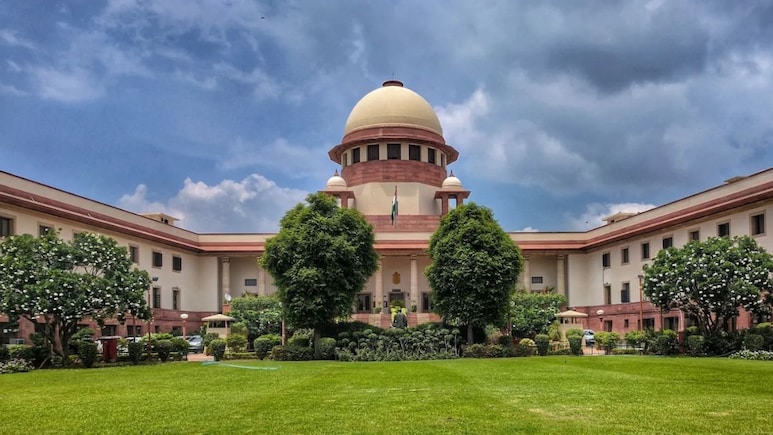
The Supreme Court on Thursday ruled that the age restrictions under the Surrogacy (Regulation) Act, 2021 will not apply retrospectively to couples who had already begun the surrogacy process, including those who had frozen embryos before the law came into effect.
A bench of Justice BV Nagarathna and Justice KV Viswanathan held that the rights of intending parents to pursue surrogacy crystallised at the time they froze embryos under the prevailing legal framework, when no age restrictions were prescribed. Consequently, the court said, the statutory bar on age cannot retroactively invalidate those rights.
"At the time the intending couple froze embryos, they came under the act and thus came under parental autonomy," Justice Nagarathna observed while delivering the verdict. "Before 2021, there were no binding laws on age restrictions on couples intending surrogacy. Thus, the ones above the age restriction were not conditional on age but were freely available."
The court had, in August, reserved its judgment on a batch of petitions filed by couples who had initiated the surrogacy process prior to the 2021 Act but were subsequently barred from proceeding because they had crossed the upper age limit.
The Surrogacy (Regulation) Act, 2021, which came into effect on January 25, 2022, imposes a strict age limit -- the woman must be between 23 and 50 years, and the man between 26 and 55 years. Several couples who had preserved embryos before the law was enacted challenged this condition, arguing that applying it retrospectively violated their right to reproductive autonomy and parenthood.
The bench today clarified that if the surrogacy process had begun before the 2021 Act, including cases where embryos had been created or were awaiting transfer to a surrogate, the new age cap would not apply.
Justice Nagarathna said that the right to parenthood is a matter of personal autonomy and cannot be undermined by retrospective application of new restrictions.
"In the present case," she said, "the parenting capabilities of the couple are being seen to judge if they can... It is not up to the State to question parental abilities of couples who are above the age restriction."
She noted that the couple in question had turned to surrogacy for medical reasons after being unable to conceive naturally.
"Can they now be denied merely because of an age bar under this Act? We cannot say so," Justice Nagarathna stated. "We are not questioning Parliament's intent but are addressing the rights of couples who began the process before the Act came into place."
The Centre had argued that the age limits were designed to protect the welfare of children born through surrogacy, suggesting that older parents might not be able to meet the long-term needs of a child.
The bench, however, did not accept this reasoning, observing that the same concern was not applied to couples conceiving naturally.
"Although the Centre has argued that the age limit is linked to the welfare of children, we are unable to agree since there is unlimited freedom available to couples who have children naturally," the court said.
Track Latest News Live on NDTV.com and get news updates from India and around the world

